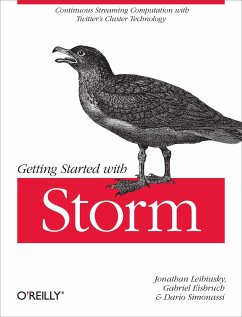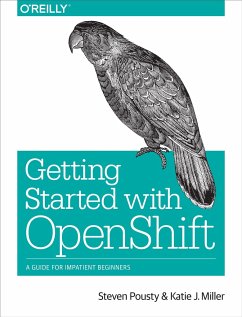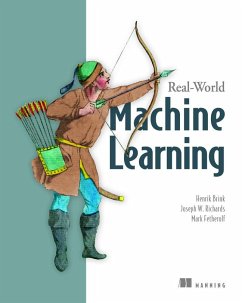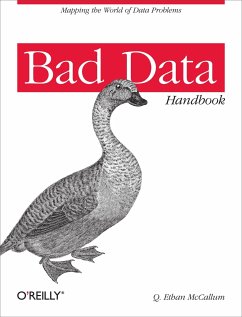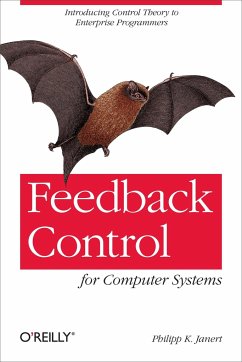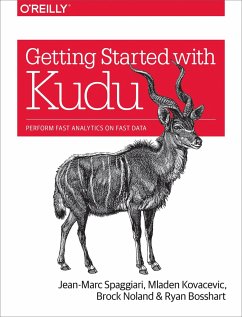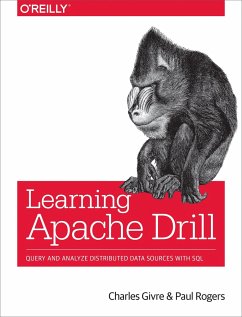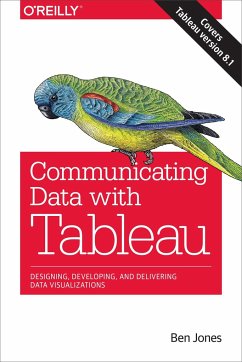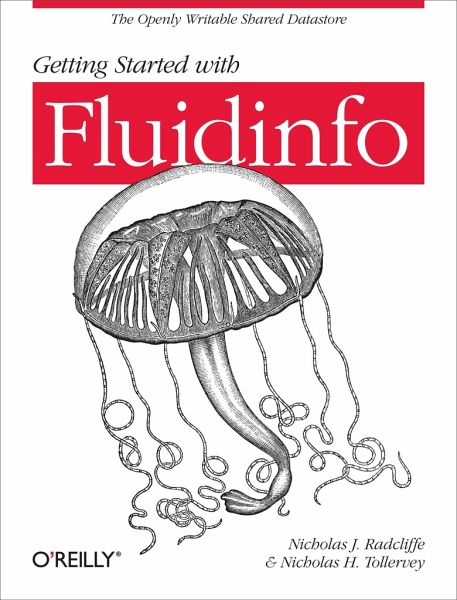
Getting Started with Fluidinfo
Online Information Storage and Search Platform
Versandkostenfrei!
Versandfertig in über 4 Wochen
24,99 €
inkl. MwSt.
Weitere Ausgaben:

PAYBACK Punkte
12 °P sammeln!
Imagine a public storage system that has a place online for structured data about everything that exists—or that could exist. This book introduces Fluidinfo, a system that enables you to store information about anything, real or imaginary, in any digital form. You’ll learn how to organize and search for data, and decide who can use, modify, and extend what you’ve contributed. This guide demonstrates Fluidinfo’s potential to create social data, with facilities that encourage users and applications to share, remix, and reuse data in ways they may not have anticipated. You’ll learn how ...
Imagine a public storage system that has a place online for structured data about everything that exists—or that could exist. This book introduces Fluidinfo, a system that enables you to store information about anything, real or imaginary, in any digital form. You’ll learn how to organize and search for data, and decide who can use, modify, and extend what you’ve contributed. This guide demonstrates Fluidinfo’s potential to create social data, with facilities that encourage users and applications to share, remix, and reuse data in ways they may not have anticipated. You’ll learn how to use tools for reading and writing data, and how to use Fluidinfo in your own applications by working with its writable API and simple query language. * Read and write Fluidinfo data from web applications—and reuse and build upon each other’s data * Discover Fluidinfo’s permissions system for tags and namespaces * Learn how to use Fish, the command-line tool for interacting with Fluidinfo data * Delve into Fluidinfo’s RESTful API, and learn how to make HTTP requests * Use Fluidinfo client libraries to build a simple Python utility or a JavaScript web application




